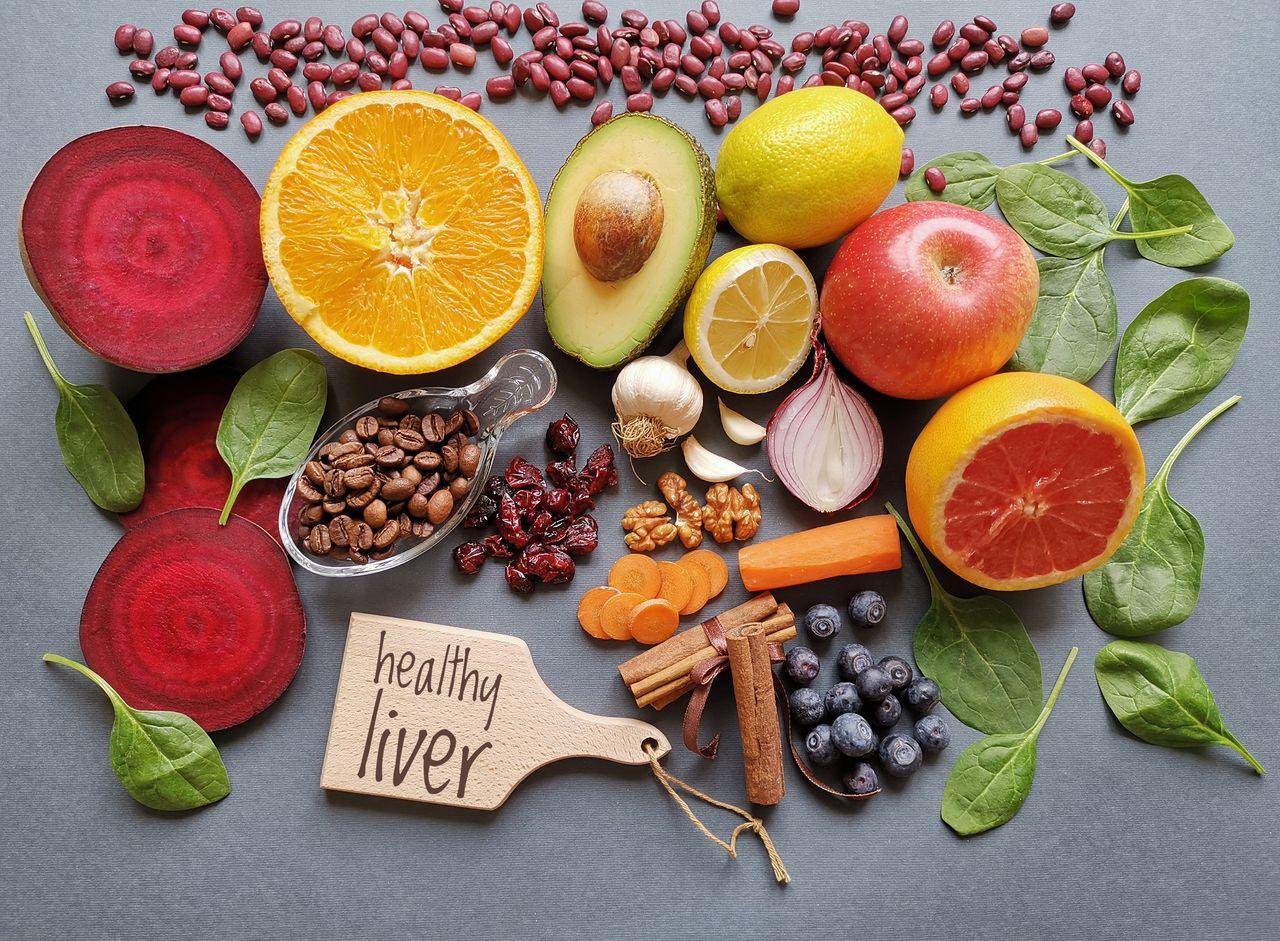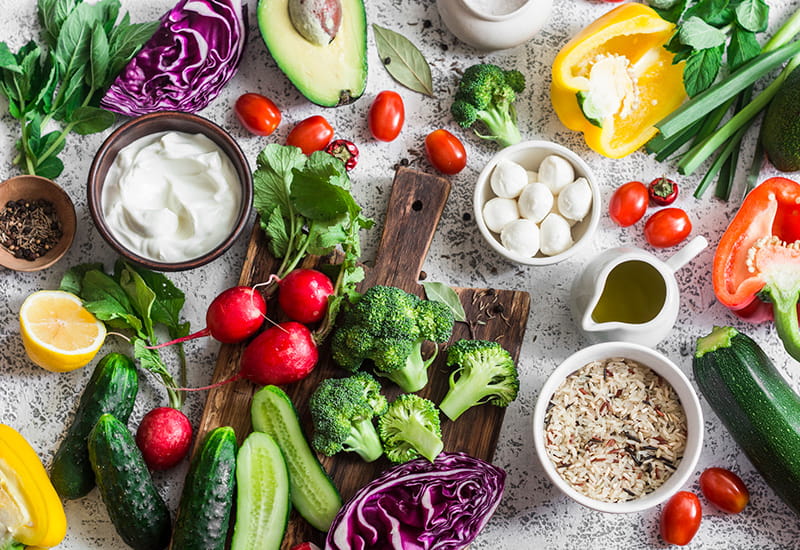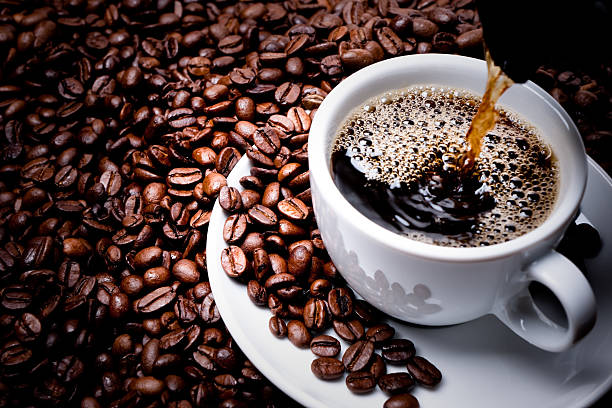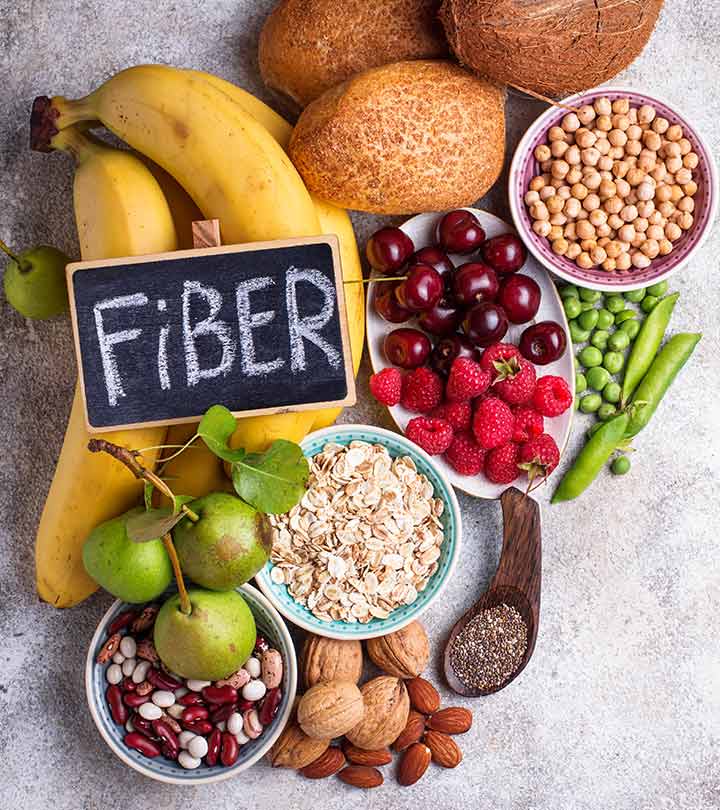Vegan Diet For Weight Loss
There are countless strategies for losing weight, but the vegan weight loss approach is becoming increasingly popular, due to how effective it can be and the other health benefits that it can provide over time. Veganism is defined as a dietary structure that does not include any meat, fish or poultry, similar to classic vegetarianism, while also eliminating other animal-derived food items, such as eggs, honey, milkand cheese. The use of animal-derived products is also limited, including fur, leather, certain cosmetic products, wool and silk, among others. Here is all about vegan diet for weight loss and it’s risks or side effects.
Many people choose veganism for personal reasons, believing that the exploitation of animals is morally wrong, and others choose it for an environmental reason, as it can help reduce greenhouse gases and drive sustainability for future generations. The meat, dairy and egg industries are also often accused of mistreatment and unhealthy conditions, as well as alteration of the food with additives and other chemicals, whereas most vegan diets center on organic, unrefined foods. A final group of people choose veganism for the potential health benefits, which include a lowered risk of diabetes, high cholesterol, hypertension, certain cancers, ischemic heart disease and obesity. A vegan weight loss strategy, when done properly, can have a significant and positive impact on your life – and your weight-loss efforts!
Vegan Weight Loss Diet

A vegan weight-loss diet basically consists of eating simple and natural foods, including fresh vegetables, fruits, nuts and legumes, whole grains, leafy greens and seeds. The diversity within those types of food is incredible, but there are certain nutritional compounds that can be more difficult to obtain with a vegan diet – namely protein, calcium, vitamin D, zinc, iron, omega-3 fatty acids, vitamin B12 and fat. Special attention must be paid to these nutrients to avoid nutrient deficiencies, which can counteract the potential vegan weight loss benefits of this increasingly popular diet.
Vitamin D
There are very few dietary sources of vitamin D, particularly in a vegan diet, so exposure to sunlight is one of the few options for achieving proper levels of this vitamin. Some companies produce vitamin D-fortified rice milk and soy milk, but this might be one of the more difficult nutrient deficiencies to avoid as a vegan.
Protein
The main sources of protein in a normal diet include meat and dairy, both of which are eliminated in a vegan diet. Try adding tofu, almonds, spinach, soy milk, kale, broccoli, chickpeas and peanut butter to as many meals as possible to ensure your protein levels remain high.
Iron
Meat is a good source of iron, but beans, lentils, chickpeas, bok choy, raisins, kale and many other vegan foods can also deliver the iron that you need to get through the day and prevent the onset of anemia.
Omega-3 Fatty Acids
Maintaining healthy cholesterol levels means getting enough omega-3 fatty acids, which are found in their highest levels in fatty fish. Fortunately, you can also access these “good” forms of fat in soybeans, walnuts, flaxseed oil and tofu.
Vitamin B12
Dairy products and eggs are excellent sources of vitamin B12, and while the daily requirement for this B vitamin is not high, many vegans lack it completely. Some of the best vegan sources for this nutrient are soy milk that has been fortified with this vitamin, or simply adding B12 supplements to your daily diet.
Fat
Although many people associate fat with poor health outcomes, it is still an essential part of our diet, and cannot be eliminated entirely. However, there is no cholesterol in a vegan diet, and a limited supply of saturated fats. To increase the amount of fat in your body, consume coconut oil, avocados, nut butters and other types of oil in moderation.
Zinc
To get the proper amount of zinc that your body needs [7]for the immune system and protein synthesis, be sure to include nuts, whole grains and legumes in your vegan weight loss diet.
Calcium
This critical mineral for bone health and digestive function is another common deficiency in vegans, since they no longer consume dairy. However, you can ensure proper [5] calcium levels by eating spinach, kale, broccoli and other leafy greens, as well as calcium-fortified soy milk.
How Long Does It Take To Lose Weight On A Vegan Diet?
Losing weight doesn’t depend on the method you choose, but how hard you work at losing the weight. In other words, switching to a vegan diet won’t automatically cause you to start losing weight, but some of the elements in a vegan diet can help to stimulate the metabolism, improve digestion, reduce [2] fat deposition and increase energy levels. Losing approximately 3,500 calories is equivalent to losing one pound, so many people break that 3,500 calories down into a 500-calorie deficit every day, which would lead to losing one pound per week.
Eliminating more calories than that from your regular diet, while also trying to get accustomed to a new diet and still get all of your essential nutrients, can be very difficult. Also, some of the most common foods in a vegan diet are rich in calories or sodium, such as certain seeds, nuts and soy products. While these are excellent sources of minerals and nutrients, they will also hinder your weight-loss goals.
Most experts recommend aiming for a 1,500-1,800 calorie limit per day on a vegan diet if you are trying to lose weight. This will give you the necessary 500-calorie deficit per day, allowing you to shed roughly 1 pound per week.
Risks & Side Effects Of Vegan Weight Loss
As mentioned above, nutrient deficiencies are the biggest risk for people pursuing an alternative diet, such as vegetarianism or veganism. A “normal” diet supplies the body with most of its essential nutrients, so many vegan dieters forget to add dietary supplements or shape their diet to include the daily recommended intake of zinc, iron and other critical nutrients. Some of the other common side effects include decreased mineral intake, digestive problems, hormonal imbalances and reduced growth and development. Additionally, eating vegan can cause social problems (difficulties eating out with friends), cravings for certain foods, and the need to learn how to cook for oneself more often.
Growth and Development – While following a vegan weight loss regimen, you may be eating a lot of foods that contains protein, such as nuts, seeds and legumes, but these are considered low-quality proteins, in comparison to meat sources, which can lead to toxicity in the body and slowed rates of growth and development. Protein supplements and shakes are therefore highly recommended for those on vegan diets.
Mineral Uptake – Some of the most popular elements of a vegan weight loss plan are nuts, but these can suppress the uptake of minerals due to their high levels of phytic acid, while other active ingredients in nuts can limit enzyme production, which harms digestive processes.
Digestion – When you lower your protein intake, it also reduces the production of digestive juices, which are needed to break down these complex molecules. With less gastric juices, you may experience poor nutrient uptake, which can exacerbate the other inherent risks of a vegan diet (i.e., not getting enough nutrients).
Hormones – One of the staples of a vegan diet is soy-based products, which satisfy protein needs, but also contain a number of estrogenic compounds and it can negatively impact the thyroid. This can lead to an imbalance of hormones that your body needs for regular functioning.






